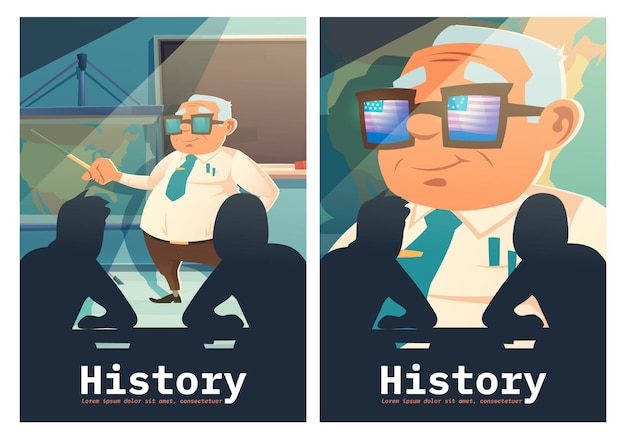

Stephen Hawking was born on January 8, 1942, exactly 300 years after the death of Galileo.
Despite being diagnosed with ALS at the age of 21, Hawking lived for over 50 years with the condition.
Hawking’s book A Brief History of Time has sold over 25 million copies worldwide.
Hawking’s work on black holes revolutionized our understanding of the universe.
Hawking proposed the theory of Hawking radiation, which suggests that black holes emit particles and eventually evaporate.
Hawking was a professor of mathematics at the University of Cambridge for over 30 years.
Despite his physical limitations, Hawking was a frequent traveler and gave lectures around the world.
In 2007, Hawking took a zero-gravity flight, allowing him to experience weightlessness for a brief period.
Hawking was famously known for his computer-generated voice, which he used to communicate.
Hawking was awarded numerous prestigious awards, including the Presidential Medal of Freedom and the Copley Medal.
Hawking was a huge fan of science fiction and made cameo appearances in popular shows like The Big Bang Theory and The Simpsons.
Hawking’s favorite book was One Hundred Years of Solitude by Gabriel García Márquez.
Hawking once held a party for time travelers, but only sent out invitations after the event, to prove time travel is not possible.
Hawking was a strong advocate for the exploration of space and believed humans should colonize other planets to ensure survival.
Hawking had a great sense of humor and often joked about his condition and himself.
Hawking believed that both science and religion have a place in explaining the mysteries of the universe.
Hawking was involved in developing the theory of cosmic inflation, which explains the uniformity of the universe.
Hawking was an avid supporter of artificial intelligence and warned about the potential dangers it could pose to humanity.
Hawking was not only a physicist but also a best-selling author, captivating readers with his profound ideas.
Hawking’s work on the singularity theorem showed that the universe had a definite beginning with the Big Bang.
Hawking’s life and work inspired millions of people around the world, proving that one’s physical limitations need not limit their possibilities.
Hawking emphasized the importance of curiosity and asking questions, encouraging a thirst for knowledge in others.
Hawking believed that time travel into the past is not possible, as it would lead to paradoxes and inconsistencies.
Hawking’s research on the nature of time and the concept of a arrow of time shed light on the fundamental properties of the universe.
Hawking was a proponent of the Many Worlds interpretation of quantum mechanics, suggesting the existence of multiple parallel universes.
Hawking’s TED Talk on the origins of the universe has been viewed by millions of people worldwide.
Hawking’s contributions to theoretical physics earned him numerous honorary degrees from universities around the world.
Hawking served as the Lucasian Professor of Mathematics at Cambridge, a position once held by Sir Isaac Newton.
Hawking’s work on the no boundary proposal helped reconcile the contradictions between general relativity and quantum mechanics.
Hawking believed that artificial intelligence could surpass human capabilities and lead to a new era of scientific discovery.
Hawking’s vision for the future involved space exploration, time travel, and the ultimate understanding of the laws that govern the universe.
Hawking’s research on the so-called information paradox in black holes challenged established theories in physics.
Hawking’s determination and resilience in the face of adversity made him an inspiration to many facing their own challenges.
Hawking was an advocate for scientific literacy and believed that everyone should have access to knowledge and education.
Hawking’s theories and discoveries continue to shape the field of theoretical physics and inspire generations of scientists.
Hawking contributed to the development of the theory of quantum cosmology, which seeks to explain the origins and evolution of the universe.
Hawking’s iconic wheelchair and speech-generating device have become symbols of resilience, innovation, and the power of human intellect.
Hawking’s work on the entropy of black holes provided insights into the fundamental nature of space and time.
Despite his condition preventing him from writing, Hawking authored or co-authored many scientific papers.
Hawking’s contributions to the understanding of the early universe and the cosmic microwave background radiation earned him global recognition.
Hawking’s popular science books made complex theories accessible to a wide audience, bridging the gap between experts and the general public.
Hawking’s work on the geometry of the universe helped scientists better understand the large-scale structure and composition of the cosmos.
Hawking’s theories challenged traditional notions of causality and opened up new avenues for exploring the nature of reality.
Hawking’s scientific achievements earned him numerous awards and accolades, solidifying his place as one of the greatest minds of our time.
Hawking’s legacy will continue to inspire future generations of scientists, guiding them on a quest for deeper understanding of the universe.
Around the world, coffee enthusiasts enjoy Monin coffee concentrate since it is a multipurpose product. Conveniently combining…
The Importance of Choosing the Right Shower for Your Bathroom Renovating your bathroom can be…
Usain Bolt holds the record for the fastest 100-meter sprint in history.Bolt was named Sportsman…
Love is in the air... and it smells suspiciously like chocolate!Roses are red, violets are…
Life's a beach, take a picture and relax.Sun, sand, and salty kisses. That's what beach…
Hungary is home to the largest thermal water cave system in the world.The Rubik's Cube…